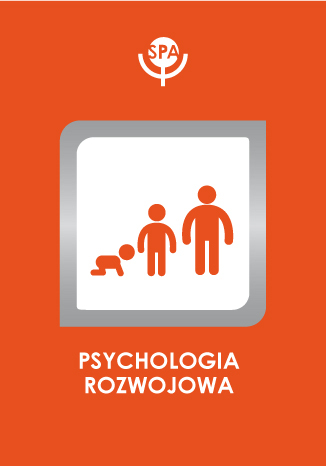Array
(
[id] => 618
[date] => 2019-06-29
[doi] =>
[title] => Podejście mikrogenetyczne i procesualne w analizie rozwoju
[title_en] => MICROGENETIC AND PROCESSUAL APPROACHES IN ANALYSIS OF HUMAN DEVELOPMENT
[authors] => Ewa Rzechowska
[abstract] => The article aims to present the new theoretical methodological solutions, which permit to use the data about various of phenomena that until now have been eliminated as useless noise. Establishing an order in the courses of human activity in time is possible thanks to the genetic analysis of the microchanges. The comparative introduction of microgenetic and processual approaches executed in the article. In the approach is focused on events’ variation, the analysis enriches the existing knowledge about the changes taking place in the course of transformation from simple to complex forms of behaviour. In situation of deficit of information, analysis serves as the tool used in search of the knowledge about the phenomenon in the approach focused on transformations of the events. It permits to reconstruct the courses of events in detail, bringing to light the multidimensional picture of transformation of a phenomenon. In both cases the research was based on the assumption of organized character of human activity in time, in spite of its diversity, variability, and complexity. The proposed procedures make possible identifying the spatiotemporal structures, so called patterns (the patterns of changes, of variability and of transformation). As a result the dynamic pictures of changes as well as the internal differentiation in different time scales are built. The microgenetic and processual approaches represent the different levels of description of phenomena and can provide mutually complementary data.
[abstract_en] => The article aims to present the new theoretical methodological solutions, which permit to use the data about various of phenomena that until now have been eliminated as useless noise. Establishing an order in the courses of human activity in time is possible thanks to the genetic analysis of the microchanges. The comparative introduction of microgenetic and processual approaches executed in the article. In the approach is focused on events’ variation, the analysis enriches the existing knowledge about the changes taking place in the course of transformation from simple to complex forms of behaviour. In situation of deficit of information, analysis serves as the tool used in search of the knowledge about the phenomenon in the approach focused on transformations of the events. It permits to reconstruct the courses of events in detail, bringing to light the multidimensional picture of transformation of a phenomenon. In both cases the research was based on the assumption of organized character of human activity in time, in spite of its diversity, variability, and complexity. The proposed procedures make possible identifying the spatiotemporal structures, so called patterns (the patterns of changes, of variability and of transformation). As a result the dynamic pictures of changes as well as the internal differentiation in different time scales are built. The microgenetic and processual approaches represent the different levels of description of phenomena and can provide mutually complementary data.
[keywords] => human development, microhanges, microgenetic
[keywords_en] => human development, microhanges, microgenetic
[file_path] => /files/articles/2007-13-podejcie-mikrogenetyczne-i-procesualne-w-analizie-rozwoju.pdf
[okladka] => psychologia_rozwojowa.jpg
[rocznik] => Rocznik: 2007 Tom: 13 Numer: 2
[strony] => 109-123
)










 Pobierz pełny tekst
Pobierz pełny tekst



